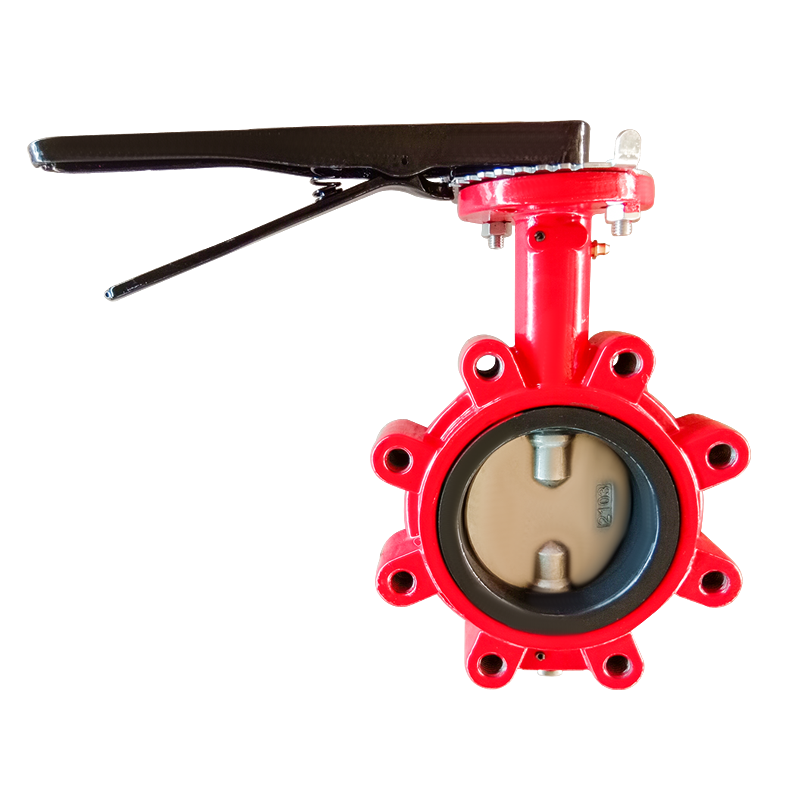
- Call Us
- +8618633052223
- njhdvlz@163.com
Dec . 10, 2024 18:28 Back to list
Valve Manufacturing Process and Efficient Operational Techniques in Factories
Understanding Valve Operation in Manufacturing
In the industrial sector, valves play a crucial role in controlling the flow of fluids and gases in various processes. Valves regulate, direct, and control the flow of substances, making them essential components in manufacturing settings. This article delves into valve operation within the context of manufacturing factories, focusing on the types of valves, their applications, and the importance of effective valve management.
Types of Valves
Valves come in several types, each designed for specific functions. The most common types include
1. Gate Valves These are used for on/off control. They provide minimal flow resistance when fully opened and are generally not suited for throttling.
2. Globe Valves Designed for throttling flow, globe valves feature a spherical body shape that allows for precise control of the fluid's flow rate.
3. Ball Valves With a quarter-turn design, ball valves offer quick and reliable shut-off capabilities. They are widely used in applications requiring tight sealing.
4. Check Valves These prevent backflow in piping systems, ensuring fluid flows in only one direction. They are vital for protecting equipment from damage caused by reverse flow.
5. Butterfly Valves With a simple design, these valves enable quick opening and closing. They are commonly used in large pipes and offer low pressure drop.
valve operation factory

Applications in Manufacturing
Valves are employed across various manufacturing processes. For instance, in the chemical industry, they manage the flow of hazardous chemicals, ensuring safety and efficiency. In water treatment facilities, valves control the flow of water and chemicals, guaranteeing proper treatment processes.
Moreover, the oil and gas industry utilizes valves extensively to control the extraction and transportation of hydrocarbons. In food manufacturing, valves play a critical role in ensuring sanitary processing and packaging of products.
Importance of Valve Management
Effective valve management is vital for maintaining operational efficiency and safety. Valves require regular maintenance and inspection to prevent leaks, malfunctions, and safety hazards. Implementing a robust maintenance schedule can significantly extend the life of valves and reduce unplanned downtime in manufacturing operations.
Additionally, automated valve systems contribute to enhanced control and efficiency. These systems allow for real-time monitoring and adjustment of valve positions, leading to optimized workflows and reduced energy consumption.
Conclusion
In conclusion, valve operation is a fundamental aspect of manufacturing that significantly impacts efficiency, safety, and productivity. Understanding the different types of valves and their applications is essential for anyone involved in the industrial sector. By prioritizing effective valve management and maintenance, manufacturing facilities can ensure smoother operations, minimize risks, and prolong the lifespan of their equipment. As industries continue to evolve, the role of valves will remain pivotal in advancing manufacturing processes and achieving operational excellence.
-
High Quality Wafer Check Valve Factories: Reliable Industrial Solutions
NewsJul.25,2025
-
Double Flanged Short Pattern Butterfly Valve for Reliable Flow Control
NewsJul.24,2025
-
2.5 Inch Butterfly Valve - Durable, Precise Flow Control Solution
NewsJul.23,2025
-
3 Butterfly Valve Dimensions with Reliable Factory & Supplier Options
NewsJul.22,2025
-
2 Inch Butterfly Valve | High-Performance & Compact
NewsJul.22,2025
-
Compact Double Flanged Short Pattern Butterfly Valve | Space-Saving Design
NewsJul.21,2025